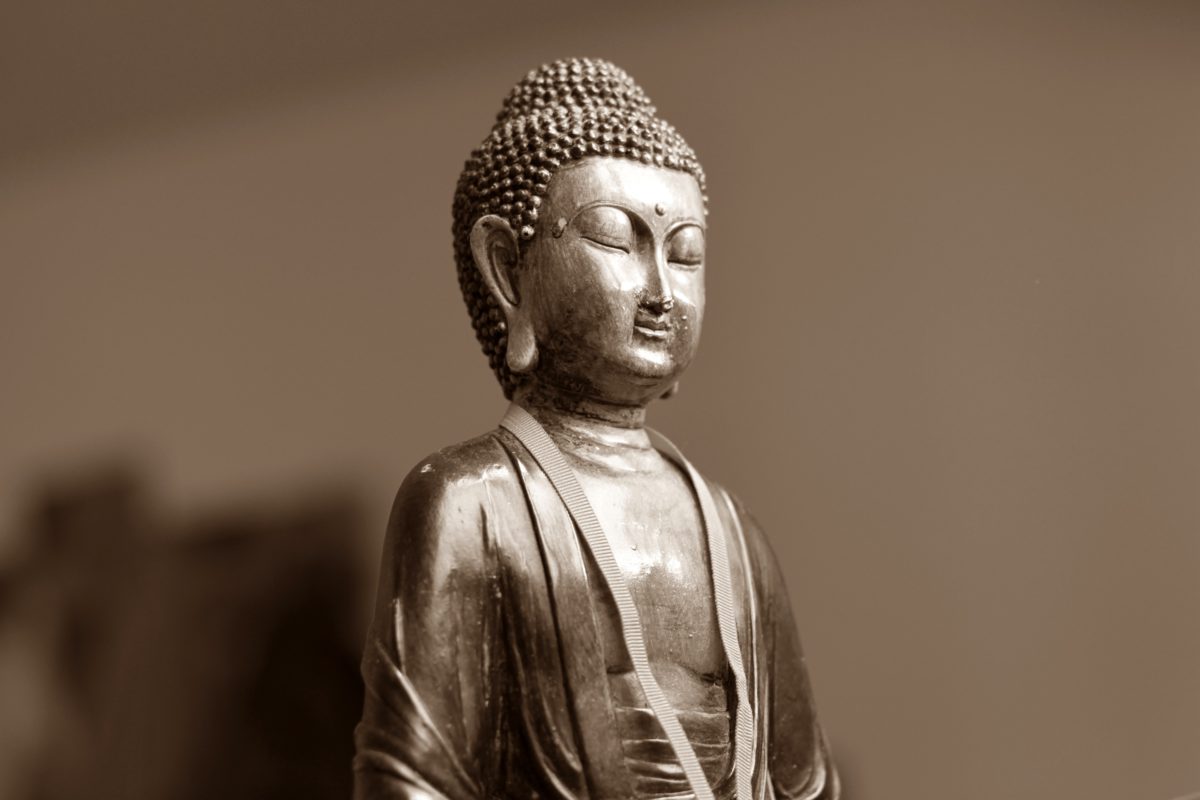
How to Beat Exam Stress With Meditation
- April 14, 2017
- Arthur Peirce
People have been meditating for many centuries. It has been used as a method for developing a sense of inner wisdom, developing a close connection, and a method to develop a profound sense of inner peace.
This isn’t just the dogmatic view of Buddhists and the religious. Indeed, scientists and psychologists have noted the real and measurable benefits of meditation, and some even prescribe it as a way to treat depression and anxiety.
This is all great, but how does that help you? You being so overwhelmed by approaching deadlines and exams that the idea of spending time reading about meditation seems altogether pointless.
But research has shown that meditation is a highly effective way to combat stress and agitation.
By mentally taking yourself away from the pressures of the world, and focusing instead on something as simple as your breathing for a while. You soon develop a genuine and profound feeling of peace inside. A sense of peace that remains after your session of meditation. Meditation can even make you reach states of relaxation that were otherwise closed off.
As meditation is such an ancient practice there are countless books, websites and videos about meditation (and well…Buddhism) and meditation techniques.
But it essentially boils down to this:
1: Find a place to sit (you can lie down, but it might make you fall asleep) where you won’t be distracted, disturbed, or annoyed. Somewhere quiet is good.
2: Sit in a comfortable natural position with your back straight.
You’ve probably seen people meditate in weird positions, their legs bent unnaturally and their hands resting in a strange shape on their legs. You don’t have to do that.
3: Shut your eyes and draw attention to your breath
4: It’s important not to worry when thoughts come in, it’s totally natural, you’ll be able to notice when they come in, and send your attention back to your breathing.
5: Do this for 10+ minutes. The more you meditate you will find you are able to do it for longer and longer.
That’s about it really. But once you’re done you will notice yourself already far calmer, and each time you meditate, this sense will become stronger.
You might already know all this, but less known are the many other psychological and physiological benefits meditation has.
Meditation as been known to improve your focus and concentration (There is actually a major Buddhist meditation designed to do just this called Calm Abiding Meditation ). There is even research that suggests that meditation can boost your memory.
So even aside from helping you overcome stress, there are many more ways that meditation can improve your study skills by literally doing nothing.
Arthur is a graduate from King’s College London. Since graduation he has turned his attention to writing. You can follow him on twitter.
Inspiring Interns is a graduate recruitment agency which specialises in sourcing candidates for internship jobs and giving out graduate careers advice. To hire graduates or browse graduate jobs London, visit our website.







